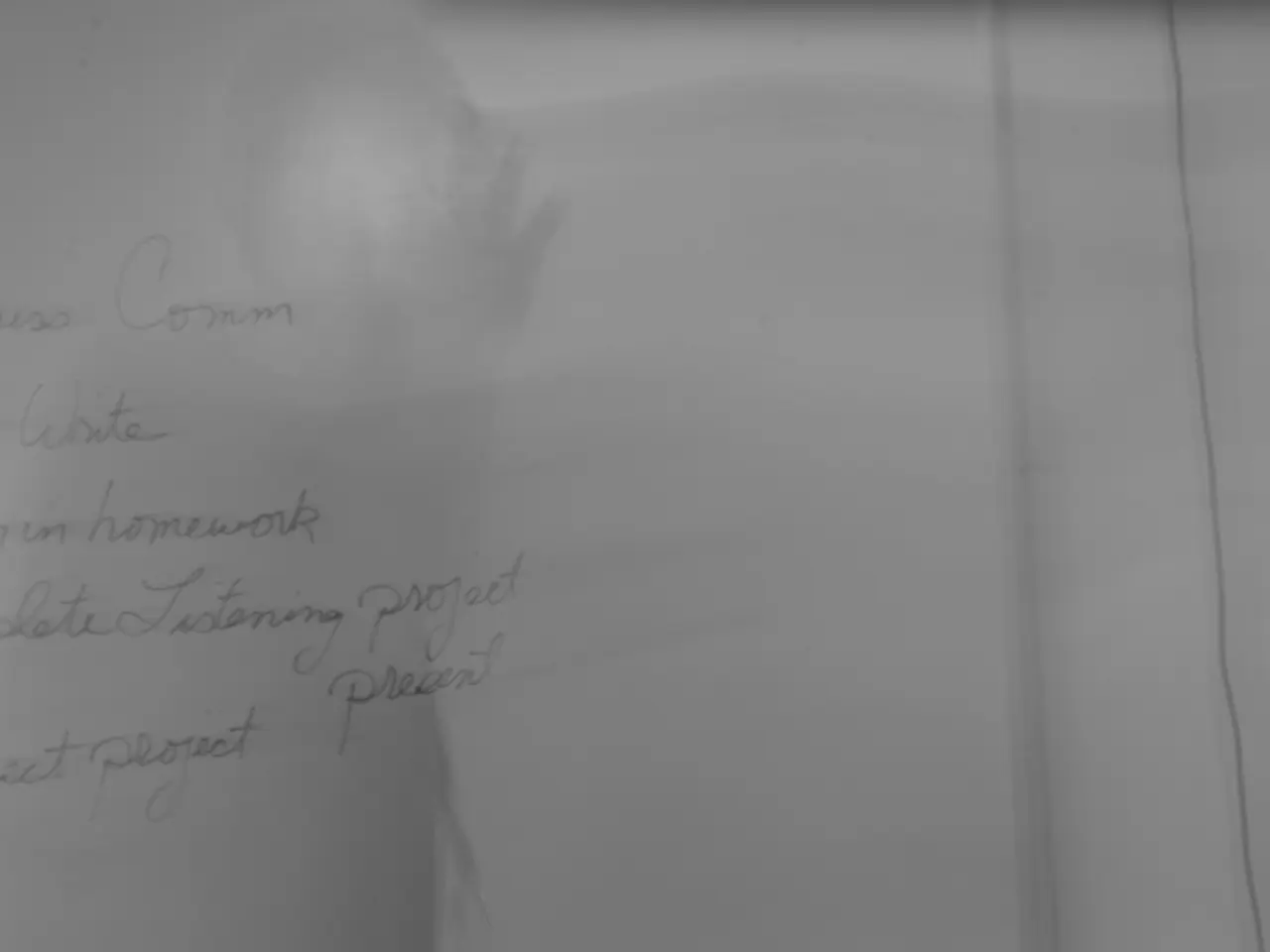Examining the Function of the World Intellectual Property Organization (WIPO)
The World Intellectual Property Organization (WIPO), a global organization established in 1967, plays a key role in promoting patent harmonization among its member states. This harmonization aims to simplify, standardize, and streamline patent protection processes internationally, reducing complexity and inefficiencies caused by differing national patent laws and procedures.
WIPO's initiatives in patent harmonization include:
- Patent Cooperation Treaty (PCT): WIPO administers the PCT system, allowing inventors to file a single international application recognized across all PCT member states. This reduces duplicative filings and administrative overhead.
- Patent Prosecution Highway (PPH): WIPO supports work-sharing programs like the PPH, which allow patent offices to rely on each other's examination results. This cooperation speeds up patent examination procedures and contributes to more consistent and higher-quality patents across different jurisdictions.
- Harmonization of Patent Laws and Standards: WIPO leads efforts to align patentability criteria such as novelty, inventive step, and industrial applicability to foster consistency. This harmonization reduces legal uncertainties and disputes that arise from divergent national standards.
- International Intellectual Property Frameworks: WIPO manages international treaties, like the Hague System for design protection, reflecting broader harmonized IP protection efforts that indirectly support patent harmonization.
In addition to patent harmonization, WIPO contributes significantly to harmonizing patent laws globally, aiding countries in crafting responsive and effective legal frameworks. The organization also endeavors to support equitable access to patented technologies, contributing to a balance between fostering innovation and ensuring public welfare.
WIPO provides a framework for member states to collaborate and exchange best practices, ensuring that patent laws are consistent and effective in protecting inventors' rights. The organization conducts training sessions and workshops for law enforcement officials, customs authorities, and businesses to educate them about anti-counterfeiting practices.
Moreover, WIPO engages in capacity-building initiatives, offering legal assistance and resources to developing countries. The organization facilitates discussions among nations to foster legislative collaboration and conducts training sessions for government officials and legal practitioners to enhance their understanding of patent law.
In the future, WIPO is likely to prioritize enhancing cooperation between member states to streamline patent sharing and focus on international patent procurement processes. The organization will continue to promote the dissemination of best practices in patent legislation to ensure that nations are equipped to adapt to evolving technological advancements and challenges.
In conclusion, WIPO's role is crucial in shaping and guiding patent law, fostering a balanced intellectual property system that supports innovation, economic growth, and equitable access to patented technologies. By reinforcing anti-counterfeiting measures, WIPO maintains a market free from counterfeit goods, essential for fostering an environment where new inventions can thrive.
Read also:
- Elon Musk accused by Sam Altman of exploiting X for personal gain
- Tech tycoon Elon Musk alleges Apple is preferring OpenAI, sparking potential lawsuits contemplation
- China's Automotive Landscape: Toyota's Innovative Strategy in Self-Driving Vehicles
- Fragrance imports from Kaş might have been among Europe's earliest bottles discovered.




